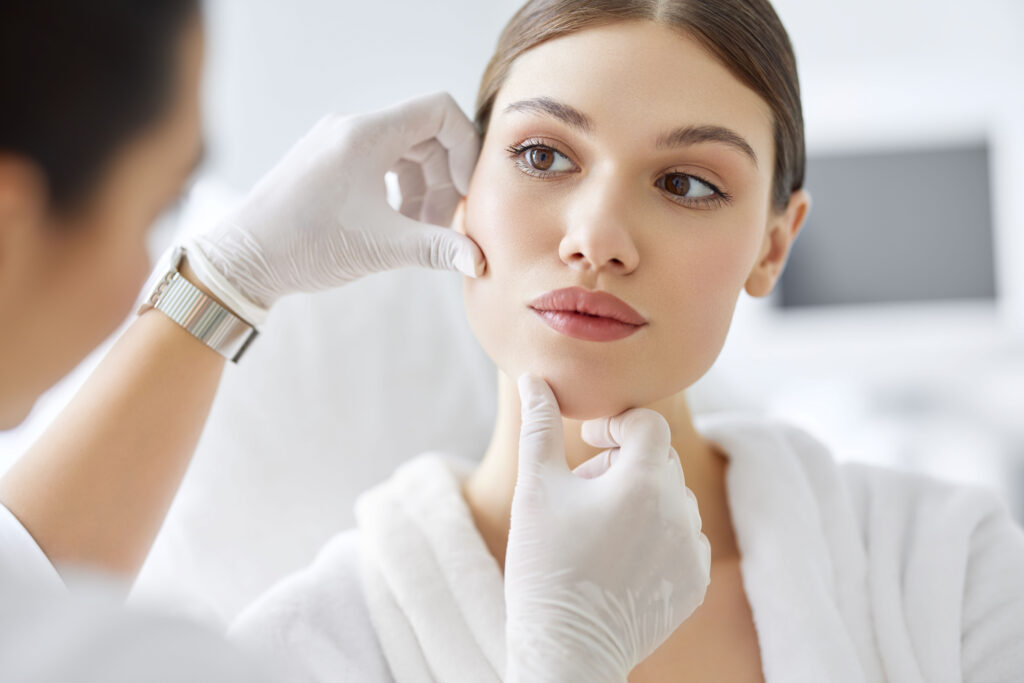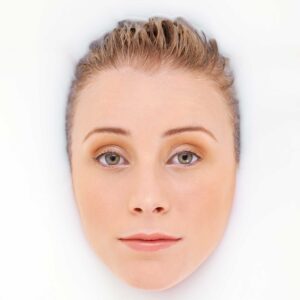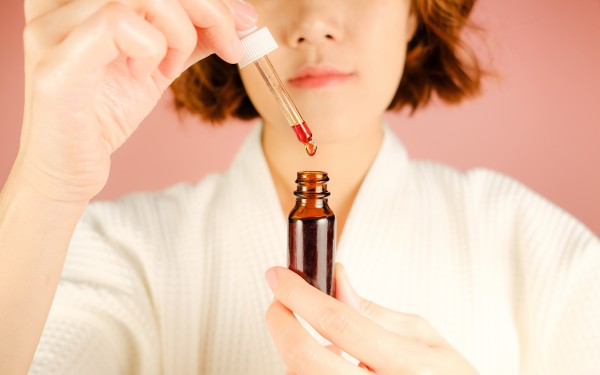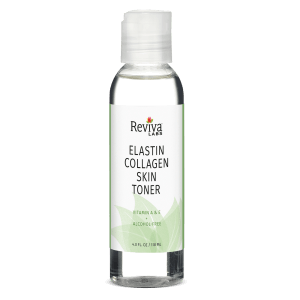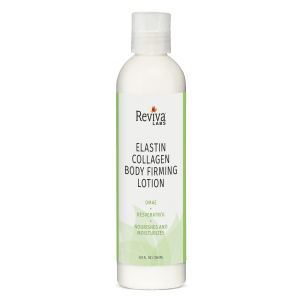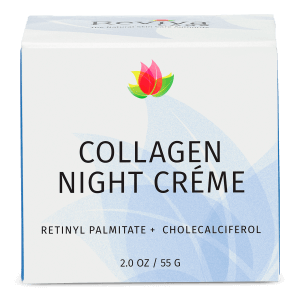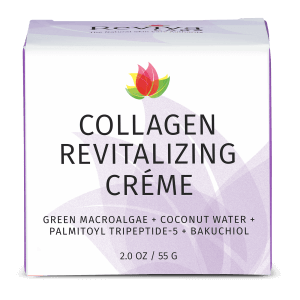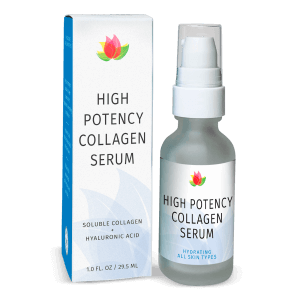Reviva Labs, Skin Care
The Science of Longevity Skincare
Aging is inevitable, but how we age—especially when it comes to our skin—is something we can influence. While genetics play a role, modern science and dermatological research show that our environment, lifestyle, and skincare regimen have an enormous impact on how youthful our skin remains over time. Longevity skincare isn’t just about looking younger; it’s about keeping skin healthy, resilient, and functioning optimally for as long as possible.
What Causes Skin Aging?
Our skin ages due to a combination of intrinsic and extrinsic factors. Intrinsic aging, or chronological aging, happens naturally as we grow older. It leads to a gradual decline in collagen and elastin production, reduced skin cell turnover, and decreased hydration.
Extrinsic aging is influenced by external elements such as sun exposure, pollution, lifestyle choices, and diet. Ultraviolet (UV) radiation is the biggest offender, accelerating skin damage through a process called photoaging, which leads to wrinkles, hyperpigmentation, and loss of skin elasticity.
Inflammation, oxidative stress from free radicals, and glycation (a process where sugar molecules attach to proteins like collagen and elastin, making them rigid and less functional) further contribute to premature skin aging. Understanding these mechanisms is the first step in crafting an effective longevity skincare routine.
Essential Strategies for Longevity Skincare
Sun Protection: The Non-Negotiable Step
If there is one universal rule for preserving youthful skin, it’s sun protection. Ultraviolet radiation accounts for up to 80% of visible skin aging. Regular use of a broad-spectrum sunscreen with at least SPF 30 helps prevent UV-induced damage, including fine lines, discoloration, and loss of skin firmness.
Wearing protective clothing, sunglasses, and seeking shade during peak sun hours further enhances skin protection. Antioxidants such as Vitamin C, Vitamin E, and niacinamide can offer additional photoprotection by neutralizing free radicals generated by UV exposure.
Hydration and Moisture Retention
As we age, the skin’s ability to retain moisture declines. Hyaluronic acid, glycerin, ceramides, and panthenol help keep the skin barrier intact, preventing transepidermal water loss.
Well-hydrated skin is more resilient and plumper, reducing the appearance of fine lines. Drinking enough water and consuming omega-3-rich foods like flaxseeds, walnuts, and fatty fish also help maintain hydration from the inside out.
Supporting Collagen and Elastin
Collagen and elastin are the scaffolding of youthful skin. However, after age 25, collagen production declines by about 1% per year. Retinol, peptides, and vitamin C are powerful ingredients that help stimulate collagen synthesis and protect existing fibers.
- Retinol (Vitamin A derivatives): Encourages collagen production and speeds up cell turnover, keeping the skin fresh and firm.
- Peptides: Short chains of amino acids that signal skin to produce more collagen and elastin.
- Vitamin C: A potent antioxidant that protects against free radicals and enhances collagen stability.
Incorporating these ingredients into your skincare regimen can significantly improve skin texture, elasticity, and resilience.
Exfoliation for Skin Renewal
Cell turnover slows down with age, leading to a buildup of dead skin cells that make the complexion look dull. Chemical exfoliants like glycolic acid, lactic acid, and salicylic acid help slough off dead cells, revealing fresher skin underneath.
Enzyme-based exfoliants from papaya, pumpkin, and pineapple offer gentler alternatives for sensitive skin. Exfoliation also enhances the absorption of serums and moisturizers, making them more effective.
Antioxidants to Combat Free Radicals
Oxidative stress from pollution, UV rays, and environmental toxins accelerates aging. Antioxidants work as a defense system, neutralizing free radicals before they cause damage.
Some of the most effective antioxidants for longevity skincare include:
- Vitamin C: Reduces oxidative stress and brightens the complexion.
- Vitamin E: Enhances skin repair and hydration.
- Resveratrol: Found in grapes and red wine, it helps combat environmental stressors.
- Coenzyme Q10 (CoQ10): Supports cellular energy production and reduces fine lines.
- Niacinamide: Strengthens the skin barrier and reduces inflammation.
Barrier Repair and Strengthening
A compromised skin barrier leads to increased sensitivity, dehydration, and premature aging. The outermost layer of the skin, the stratum corneum, acts as a shield against environmental aggressors. Strengthening this barrier with ceramides, fatty acids, and cholesterol ensures the skin retains moisture and functions optimally.
Using fragrance-free and pH-balanced skincare products also helps prevent unnecessary irritation and inflammation.
Lifestyle Habits for Long-Term Skin Health
Nutrition and Skin Longevity
A nutrient-rich diet significantly impacts skin aging. Certain foods are rich in compounds that support skin repair and longevity:
- Vitamin C-rich foods (citrus fruits, bell peppers, strawberries): Boost collagen synthesis.
- Omega-3 fatty acids (salmon, chia seeds, walnuts): Help maintain skin elasticity.
- Polyphenol-rich foods (green tea, dark chocolate, berries): Combat oxidative stress.
- Zinc and selenium (nuts, seeds, whole grains): Promote skin repair and wound healing.
On the other hand, a high-sugar diet accelerates glycation, leading to stiffness in collagen fibers and premature aging. Reducing refined sugar intake can keep the skin looking healthier for longer.
Sleep and Skin Regeneration
Beauty sleep is real. During deep sleep, the body goes into repair mode, producing collagen and eliminating toxins. Chronic sleep deprivation leads to increased cortisol levels, which break down collagen and contribute to inflammation.
To maximize skin regeneration:
- Aim for 7-9 hours of quality sleep per night.
- Use silk pillowcases to reduce friction and prevent sleep lines.
- Apply a hydrating night cream or serum to support overnight repair.
Stress Management for Skin Health
Chronic stress triggers cortisol production, leading to increased inflammation and breakdown of skin structures. Stress-induced oxidative damage accelerates aging, causing dullness, breakouts, and fine lines.
Mindfulness practices such as meditation, yoga, and deep breathing help regulate stress hormones and promote a healthy glow.
The Role of Hormones in Aging Skin
Hormonal fluctuations—especially during menopause—affect skin texture, hydration, and elasticity. Estrogen helps maintain collagen, but its decline leads to thinner, sagging skin. Supporting skin with phytoestrogens (plant-based estrogens found in soy and flaxseeds) and collagen supplements can help counteract these effects.
Additionally, topical progesterone creams and estrogen-mimicking skincare ingredients like bakuchiol (a plant-derived alternative to retinol) can support skin renewal without irritation.
Advanced Skincare Technologies for Longevity
Modern skincare has evolved beyond traditional creams and serums. These advanced treatments can enhance long-term skin health:
- LED Light Therapy: Red and infrared light stimulate collagen production and reduce inflammation.
- Microcurrent Devices: Low-level electrical currents help lift and tone facial muscles.
- Fractional Lasers: Stimulate deep collagen remodeling for long-term firmness.
- Radiofrequency Therapy: Encourages collagen synthesis by heating deeper skin layers.
While these treatments provide impressive results, consistency in daily skincare remains the foundation of longevity skincare.
A Holistic Approach to Ageless Skin
Longevity skincare is not about reversing aging but about aging well. By prioritizing sun protection, hydration, antioxidants, and skin barrier health, we can maintain a vibrant and youthful complexion for years to come.
Healthy skin isn’t just about what we apply externally—it’s a reflection of our overall well-being. Nourishing the body with nutrient-rich foods, staying hydrated, managing stress, and getting enough sleep all contribute to skin that remains strong, elastic, and glowing at any age.
The key to longevity skincare? Consistency, prevention, and an appreciation for the natural aging process. Aging is a privilege—taking care of our skin allows us to enjoy it gracefully.



